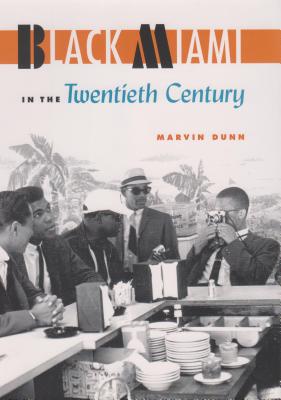Expedite your nonfiction book discovery process with Readara interviews, summaries and recommendations, Broaden your knowledge and gain insights from leading experts and scholars
In-depth, hour-long interviews with notable nonfiction authors, Gain new perspectives and ideas from the writer’s expertise and research, Valuable resource for readers and researchers
Optimize your book discovery process, Four-to eight-page summaries prepared by subject matter experts, Quickly review the book’s central messages and range of content
Books are handpicked covering a wide range of important categories and topics, Selected authors are subject experts, field professionals, or distinguished academics
Our editorial team includes books offering insights, unique views and researched-narratives in categories, Trade shows and book fairs, Book signings and in person author talks,Webinars and online events
Connect with editors and designers,Discover PR & marketing services providers, Source printers and related service providers

Black Miami in the Twentieth Century
Social Science > Ethnic Studies - American - African American & Black Studies
- University Press of Florida
- Paperback
- 9780813062983
- 9.02 X 5.98 X 0.97 inches
- 1.41 pounds
- Social Science > Ethnic Studies - American - African American & Black Studies
- (Single Author) Asian American
- English
Readara.com
Book Description
A necessity for every African American who has ever lived in Dade County, or South Florida for that matter.--Garth Reeves, publisher emeritus, Miami Times
A very ambitious project, and therein lies its great contribution: no one before has written a comprehensive history of Greater Miami's unique black community.--Paul S. George, Miami Dade Community College
The first book devoted to the history of African Americans in south Florida and their pivotal role in the growth and development of Miami, Black Miami in the Twentieth Century traces their triumphs, drudgery, horrors, and courage during the first 100 years of the city's history. Firsthand accounts and over 130 photographs, many of them never published before, bring to life the proud heritage of Miami's black community.
Beginning with the legendary presence of black pirates on Biscayne Bay, Marvin Dunn sketches the streams of migration by which blacks came to account for nearly half the city's voters at the turn of the century. From the birth of a new neighborhood known as Colored Town, Dunn traces the blossoming of black businesses, churches, civic groups, and fraternal societies that made up the black community. He recounts the heyday of Little Broadway along Second Avenue, with photos and individual recollections that capture the richness and vitality of black Miami's golden age between the wars.
A substantial portion of the book is devoted to the Miami civil rights movement, and Dunn traces the evolution of Colored Town to Overtown and the subsequent growth of Liberty City. He profiles voting rights, housing and school desegregation, and civil disturbances like the McDuffie and Lozano incidents, and analyzes the issues and leadership that molded an increasingly diverse community through decades of strife and violence. In concluding chapters, he assesses the current position of the community--its socioeconomic status, education issues, residential patterns, and business development--and considers the effect of recent waves of immigration from Latin America and the Caribbean.
Dunn combines exhaustive research in regional media and archives with personal interviews of pioneer citizens and longtime residents in a work that documents as never before the life of one of the most important black communities in the United States.
Author Bio
Dr. Dunn served as a naval officer aboard the aircraft carriers U.S.S. Kitty Hawk and the U.S.S. Saratoga, and was the Commander of the 14th Battalion, U.S. Naval Recruit Training Command in Great Lakes, Illinois.
Research Interests
Dr. Dunn's primary research interests are in the identification of effective instructional and behavioral strategies and programs for students at risk and in race relations. His research examines the characteristics of effective schooling practices and intervention strategies for motivating the disinterested and disruptive learner.
He founded the Academy for Community Education (later re-named Dr. Marvin Dunn Academy for Community Education), a Miami-Dade County high school for at-risk youth. His views on racial and ethnic relations in the U.S. have been widely published and broadcast on the major news outlets. He has authored several books on the history of African Americans and has produced several films related to African American history in Florida.
Source: Florida International University
Videos






Community reviews
No Community reviews

